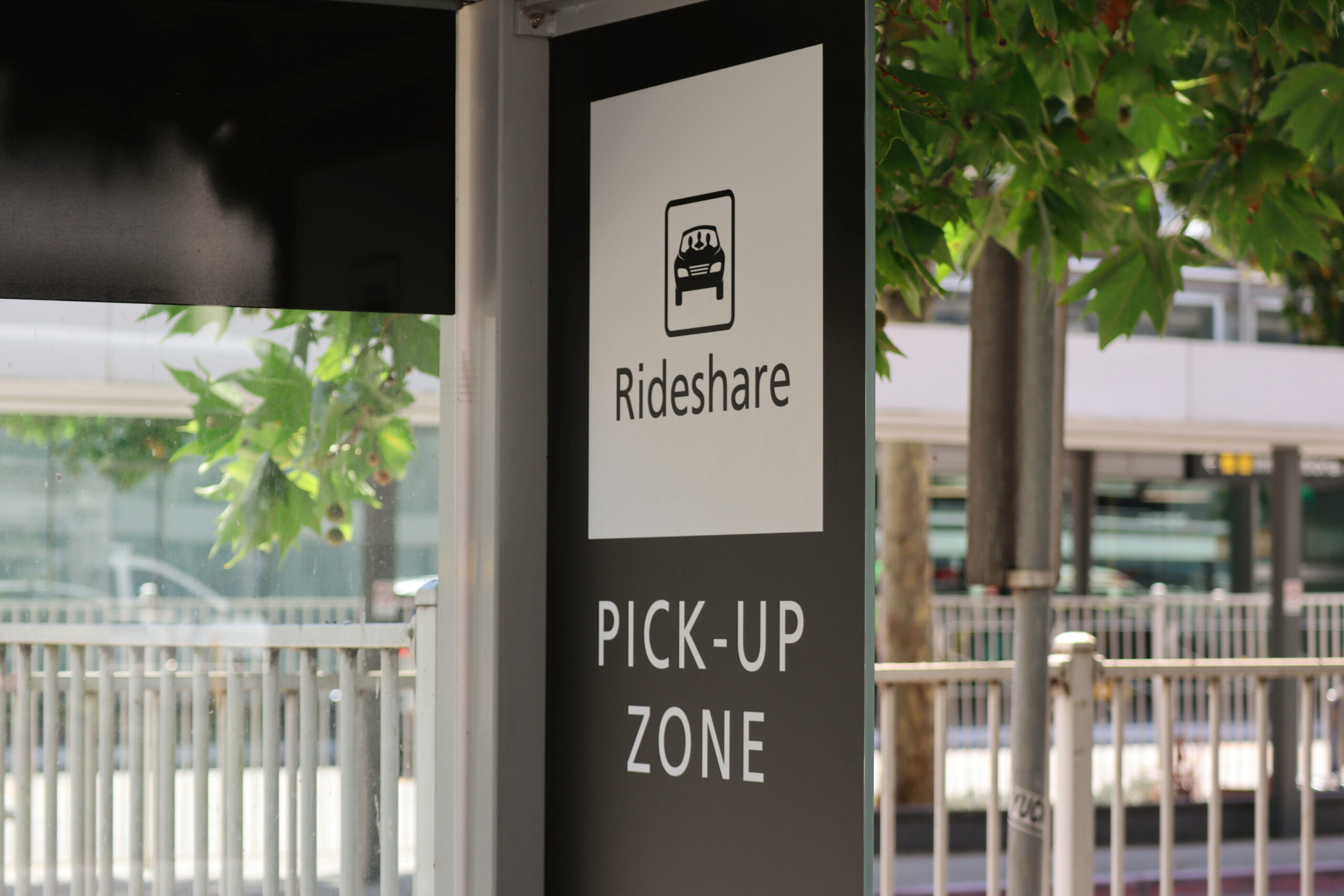
Court Says Uber and Lyft Cannot Classify Their Drivers as Independent Contractors
August 11, 2020
Yesterday, a California state court granted a preliminary injunction sought by the State of California to prohibit and restrain Uber and Lyft from classifying their drivers as independent contractors and from violating any provisions of the California Labor Code, the Unemployment Insurance Code, and the wage orders of the Industrial Welfare Commission. The court noted that where, as here, the State brings an action for injunctive relief under a provision of the Labor Code, a relaxed standard applies and the State need only show a reasonable probability of prevailing on the merits while the non-moving parties (Uber and Lyft) have to demonstrate they will suffer grave or irreparable harm from the injunction.
Analyzing Uber’s and Lyft’s business under A.B. 5 and its ABC test, the court found the State demonstrated not just a reasonable probability but an “overwhelming likelihood” of prevailing on the claims that Uber and Lyft are violating A.B. 5 by misclassifying its drivers as independent contractors. Its conclusion was based entirely on analysis of the “B” prong and the court’s determination that drivers perform work in the usual course of Uber’s and Lyft’s business. The court found arguments to the contrary “irreconcilable with the Supreme Court’s directive in Dynamex that California’s employee classification standard should be interpreted and applied broadly to include all persons who can reasonably be viewed as working in the hiring entity’s business.” The court also rejected Uber’s and Lyft’s arguments that they were not hiring entities, noting the term is to be read broadly as the “person to whom service is rendered.”
The ruling underscores the breadth and wide sweep of A.B. 5 and its “B” prong. Fortunately, the trucking industry has thus far prevailed in obtaining a preliminary injunction in separate litigation to strike application of the “B” prong to motor carriers. A federal district court found the “B” prong preempted by a trucking-specific federal statute. That injunctive relief has been appealed by California.
For more information, contact Greg Feary, James Hanson, Shannon Cohen, or Prasad Sharma.
News from Scopelitis is intended as a report to our clients and friends on developments affecting the transportation industry. The published material does not constitute an exhaustive legal study and should not be regarded or relied upon as individual legal advice or opinion.

Court Says Uber and Lyft Cannot Classify Their Drivers as Independent Contractors
August 11, 2020
Yesterday, a California state court granted a preliminary injunction sought by the State of California to prohibit and restrain Uber and Lyft from classifying their drivers as independent contractors and from violating any provisions of the California Labor Code, the Unemployment Insurance Code, and the wage orders of the Industrial Welfare Commission. The court noted that where, as here, the State brings an action for injunctive relief under a provision of the Labor Code, a relaxed standard applies and the State need only show a reasonable probability of prevailing on the merits while the non-moving parties (Uber and Lyft) have to demonstrate they will suffer grave or irreparable harm from the injunction.
Analyzing Uber’s and Lyft’s business under A.B. 5 and its ABC test, the court found the State demonstrated not just a reasonable probability but an “overwhelming likelihood” of prevailing on the claims that Uber and Lyft are violating A.B. 5 by misclassifying its drivers as independent contractors. Its conclusion was based entirely on analysis of the “B” prong and the court’s determination that drivers perform work in the usual course of Uber’s and Lyft’s business. The court found arguments to the contrary “irreconcilable with the Supreme Court’s directive in Dynamex that California’s employee classification standard should be interpreted and applied broadly to include all persons who can reasonably be viewed as working in the hiring entity’s business.” The court also rejected Uber’s and Lyft’s arguments that they were not hiring entities, noting the term is to be read broadly as the “person to whom service is rendered.”
The ruling underscores the breadth and wide sweep of A.B. 5 and its “B” prong. Fortunately, the trucking industry has thus far prevailed in obtaining a preliminary injunction in separate litigation to strike application of the “B” prong to motor carriers. A federal district court found the “B” prong preempted by a trucking-specific federal statute. That injunctive relief has been appealed by California.
For more information, contact Greg Feary, James Hanson, Shannon Cohen, or Prasad Sharma.
News from Scopelitis is intended as a report to our clients and friends on developments affecting the transportation industry. The published material does not constitute an exhaustive legal study and should not be regarded or relied upon as individual legal advice or opinion.



